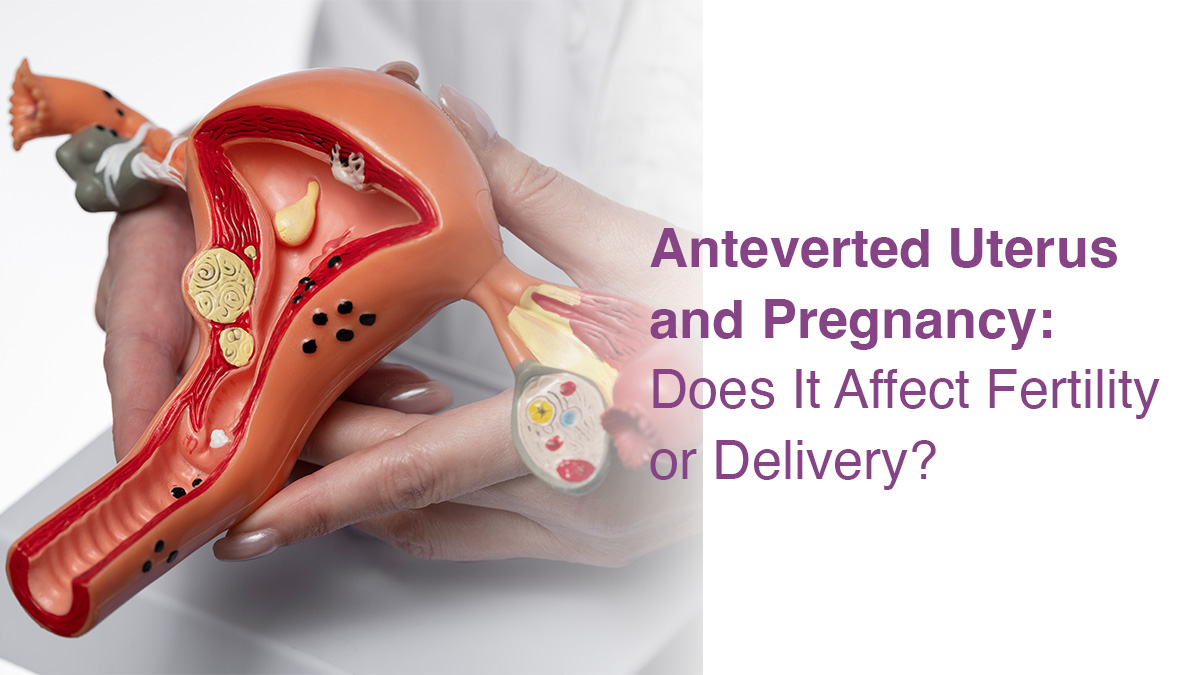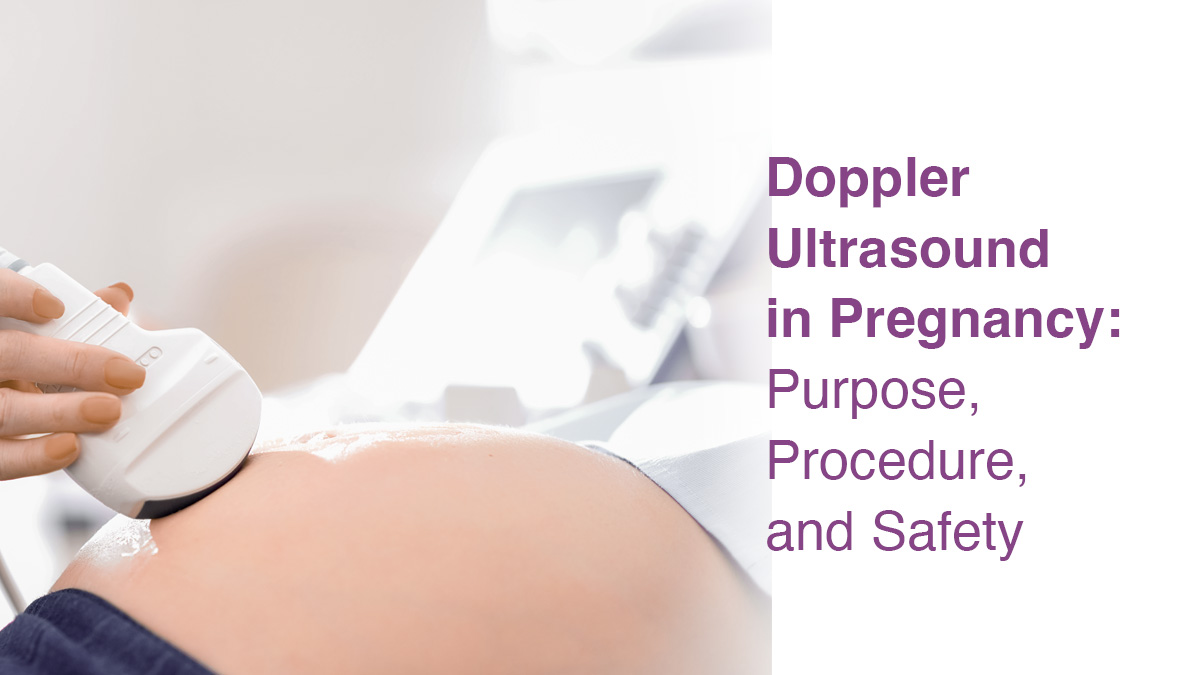
How Long Does Sperm Live in a Woman’s Body After Intercourse?

A sperm’s life span post-ejaculation depends on various factors and conditions. Good-quality sperm can survive for a number of days in a woman’s reproductive tract. As long as the sperm stays alive, there is a hope for fertilisation. To opt for fertilisation later, semen can be frozen to preserve sperm for several years. Read on to know how many days a sperm lives in a female body and how to plan for conception.
Lifespan of Sperm
To understand how long sperm can survive inside the female reproductive tract, it helps to look at the average lifespan and the specific conditions that help them live longer.
Average Lifespan
Here, a sperm’s average life span, i.e., how long a sperm lives refers to how long a sperm stays inside a woman. Here A sperm can survive in a woman’s vagina for 5-7 days. But it can live up to a few minutes only if it is released into the open. Sperm stays for about 74 days in the man’s body before ejaculation. The sperm cells die after that, and the body reabsorbs them.
Favourable Conditions
Sperm dries up and dies on any dry surface like clothes. Warmth and moisture are favourable conditions for sperm to live long. So, it lives longer on wet, moist or warm surfaces such as hot tubs and human skin. But even if the water’s temperature is near body temperature, it separates sperm from the protective fluids in semen and disperses it.
Factors Affecting Sperm Lifespan
Several internal factors influence how long sperm stay active. Let’s understand each of them in detail:
Uterine Environment
The uterine environment plays a major role in determining how long sperm can live in the uterus. Fertile cervical mucus increases the chances for the sperm to live longer inside the vagina. The most motile sperm swim through the layers of cervical fluid that guard the uterine opening (cervix). This fluid is produced and released by the cervix. This barrier gets thinner during ovulation and its acidity changes to make the environment more favourable for the sperm to survive. Thus, the cervical fluid functions as a reservoir for prolonged sperm lifespan.
Woman’s Health
Sperm’s survival depends on the conditions of the woman’s uterus, fallopian tubes and vagina. All the nutrients required by the sperm to survive in a woman’s body are in the fluid of her reproductive tract. If the woman is healthy and all the fluids in the vagina are in a healthy and normal state, the sperm can survive long.
Wondering how many days sperm can live in a female body that has unfavourable inner conditions? In that case, the sperm will die in a few hours.
pH Level
The vaginal canal is naturally acidic. During ovulation, the fluid guarding the uterine entrance (cervix) becomes thinner and alters its acidity to help the sperm survive long. Nevertheless, only the healthiest sperm survive the initial 12 hours after entering the vagina.
Optimal Timing for Conception
Getting pregnant often depends on timing, and understanding your fertility window and the changes around ovulation can help you plan intercourse more effectively.
Fertility Window
The fertility window is the time during a woman’s menses when she has the highest chances of conceiving successfully. Healthy sperm can survive for as long as 5 days in a female body. On the other hand, an egg can live for 12-24 hours post-ovulation. So, the fertility window for most people is 5 days before ovulation, the ovulation day and 1 day after that.
Around Ovulation
During ovulation, the ovary releases a mature egg which then travels down the fallopian tube and remains in the uterus for 12-24 hours. This is when it can be fertilised by a sperm. Therefore, the most optimal time for conception is around the day of ovulation. It takes place around the 14th day of a menstrual cycle (comprising 28 days).
Planning for Conception
Once you know when conception is most likely, the next step is to focus on accuracy, overall health, and medical support to improve your chances of pregnancy.
Accurate Timing
Remember how many days a sperm can live in a female body? Around 5 days. Therefore, the 5 days before ovulation leading to the day of ovulation are favourable for conception. The most fertile days are the 3 days prior to and including ovulation. Time your intercourse accordingly to maximise the chances of pregnancy.
Focus on Health
- Quit smoking as it reduces the sperm count and damages sperm DNA.
- Avoid toxins like heavy metals and pesticides. These pollutants can adversely affect sperm quantity and quality.
- Don’t consume anabolic steroids.
- Limit alcohol consumption since heavy drinking can lead to lower sperm production, impotence and lower testosterone levels.
- Follow a nutritious diet and exercise to keep a healthy weight.
- Try keeping your scrotum cool as heat slows down sperm production. To do that, avoid putting on tight clothing or taking hot showers and switch from briefs to boxers.
- If you go for cancer treatments like radiation therapy and chemotherapy which can adversely impact sperm quantity and quality, try to conserve your sperm beforehand. Speak to the doctor regarding this.
Medical Consultation
Make sure that both you and your partner receive preconception counselling. In this session, you will discuss your lifestyle, medical conditions and family history with the doctor. If you are facing fertility problems, the doctor will recommend you a sperm analysis test. In case you have male infertility, the doctor may recommend assisted reproductive technology (ART) procedures like the In Vitro Fertilisation (IVF) treatment or other helpful approaches.
Conclusion
Oasis Fertility houses a proficient team of fertility specialists with whom you can discuss fertility challenges and seek the right treatment. We are open to addressing any queries related to your or your partner’s reproductive health. We have state-of-the-art equipment for ART procedures including ICSI, IUI and IVF processes to help couples with successful conception. Visit us to learn further about your fertility-related health.


fill up the form to get a
Free Consultation
Avail 0% interest on EMI
All Procedures | No Upper Limit
Frequently Asked Questions
Can Sperm Live 7 Days in a Woman?
How Long Will Sperm Wait for an Egg?
How Much Sperm is Needed to Get Pregnant?
How we reviewed this article:
- Current Version
- January 22, 2025 by Oasis Fertility
- August 13, 2024 by Oasis Fertility






